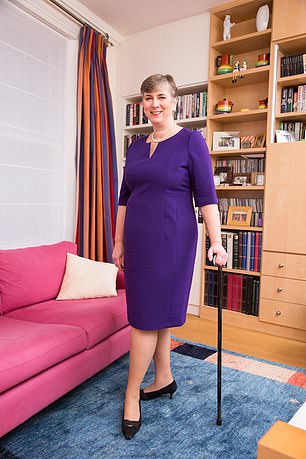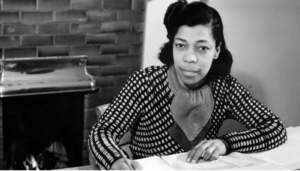Two brilliant BBC stars both struck with MS… How one award-winning correspondent gambled on life

Ms Wyatt thebritishherald
As a veteran BBC correspondent who has spent three decades reporting from around the globe, one of the most vital tools at Caroline Wyatt’s disposal is her voice.
Imagine then the

‘I was reading out something I had written when the editor stopped me and said, “You are missing out every other word.”
So I did it again and the same thing happened. “You are still skipping words, just different ones,” he said.
‘I was reading out what I thought were the words, but my brain was like a broken DVD.
‘The only way I can describe how I felt is a sense of sheer disbelief. I knew what it was, deep down, but it didn’t stop it feeling like I was beginning to break down, bit by bit.’
That moment in late 2015 was the culmination of a series of ‘moments’ — from loss of mobility to inexplicable falls, endless fatigue and the erosion of functions we all take for granted (from being able to pick up a cup to control of the bladder). They were all signs

MS occurs when the immune system attacks the sufferer’s own fragile nervous system, damaging the protective covering around the nerves themselves, disrupting the transfer of messages between the brain and the body.
It’s an unpredictable condition and every sufferer’s symptoms vary. For some, it’s a progressive disease, for others, like Caroline, it is relapsing and remitting.
There is no cure: until recently treatment revolved around ‘disease-modifying drugs’ and non-drug therapies (diet, exercise), but for some, these offer little respite. And in extreme cases, some have chosen to end their lives rather than endure the ever more debilitating decline. It’s with sadness that Caroline speaks of former BBC colleague, Nyta Mann, a political journalist, who also had MS. Earlier this year, aged 51, Nyta made the decision to end her life at the Dignitas clinic in Switzerland.








